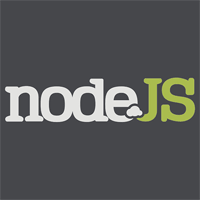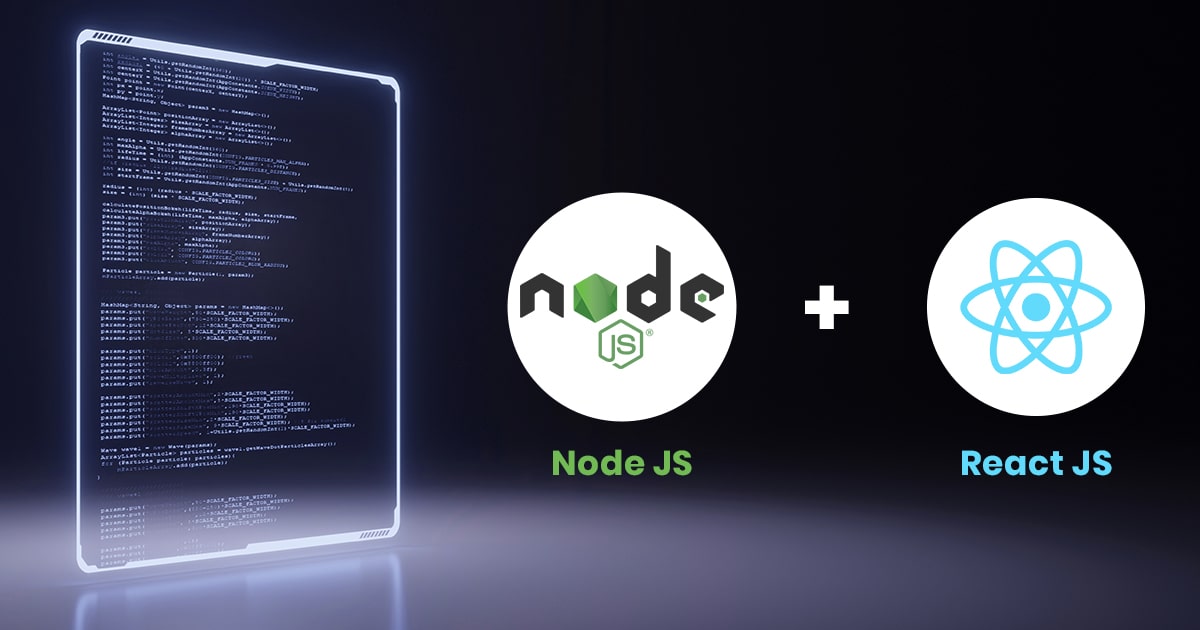Description
Introduction of Node.js Essentials
Node.js Essentials has emerged as a powerful tool for building scalable, high-performance applications. With its non-blocking, event-driven architecture, Node.js is ideal for server-side development, microservices, and real-time applications. This course is designed to equip developers with the foundational skills needed to create robust, efficient, and maintainable Node.js applications.
Prerequisites
- Basic understanding of JavaScript.
- Familiarity with web development concepts (e.g., HTTP, RESTful APIs).
- A working knowledge of the command line interface (CLI).
- A system with Node.js installed (LTS version recommended).
Table of Contents
- Introduction to Node.js Essentials
1.1 Understanding Node.js
1.2 Features and Benefits
1.3 Setting Up the Environment
1.4 Exploring the Node.js Architecture - Core Modules in Node.js
2.1 Working with the File System (fs)
2.2 Using the Path Module
2.3 Understanding EventEmitter
2.4 Managing Streams - Building Web Servers with Node.js
3.1 Creating a Simple HTTP Server
3.2 Routing and Middleware
3.3 Understanding the Request-Response Cycle
3.4 Handling File Uploads and Downloads - Asynchronous Programming in Node.js
4.1 Callback Functions and Error Handling
4.2 Promises and Async/Await
4.3 Event Loop and Concurrency - Node.js Package Management
5.1 Introduction to npm
5.2 Installing and Managing Dependencies
5.3 Creating and Publishing Packages - Real-Time Applications with WebSockets
6.1 Introduction to WebSockets(Ref: Vue.js Fundamentals: Crafting Interactive and Modern User Interfaces)
6.2 Implementing Real-Time Communication
6.3 Broadcasting Events with Socket.IO - Interfacing with Databases
7.1 Using MongoDB with Mongoose
7.2 Working with SQL Databases
7.3 Managing Database Connections - Building RESTful APIs
8.1 Principles of REST
8.2 Designing and Implementing APIs
8.3 Error Handling and Validation
8.4 Securing APIs with Authentication and Authorization - Performance Optimization
9.1 Best Practices for High-Performance Applications
9.2 Profiling and Debugging Tools
9.3 Caching Strategies - Deploying Node.js Applications
10.1 Preparing Applications for Production
10.2 Using Process Managers like PM2
10.3 Deploying to Cloud Platforms
Conclusion
This course provides a comprehensive foundation in Node.js, empowering you to build high-performance applications with confidence. By mastering these skills, you’ll be equipped to tackle complex challenges in server-side development, real-time communication, and API design. Take the next step in your development journey and unlock the full potential of Node.js.







Reviews
There are no reviews yet.